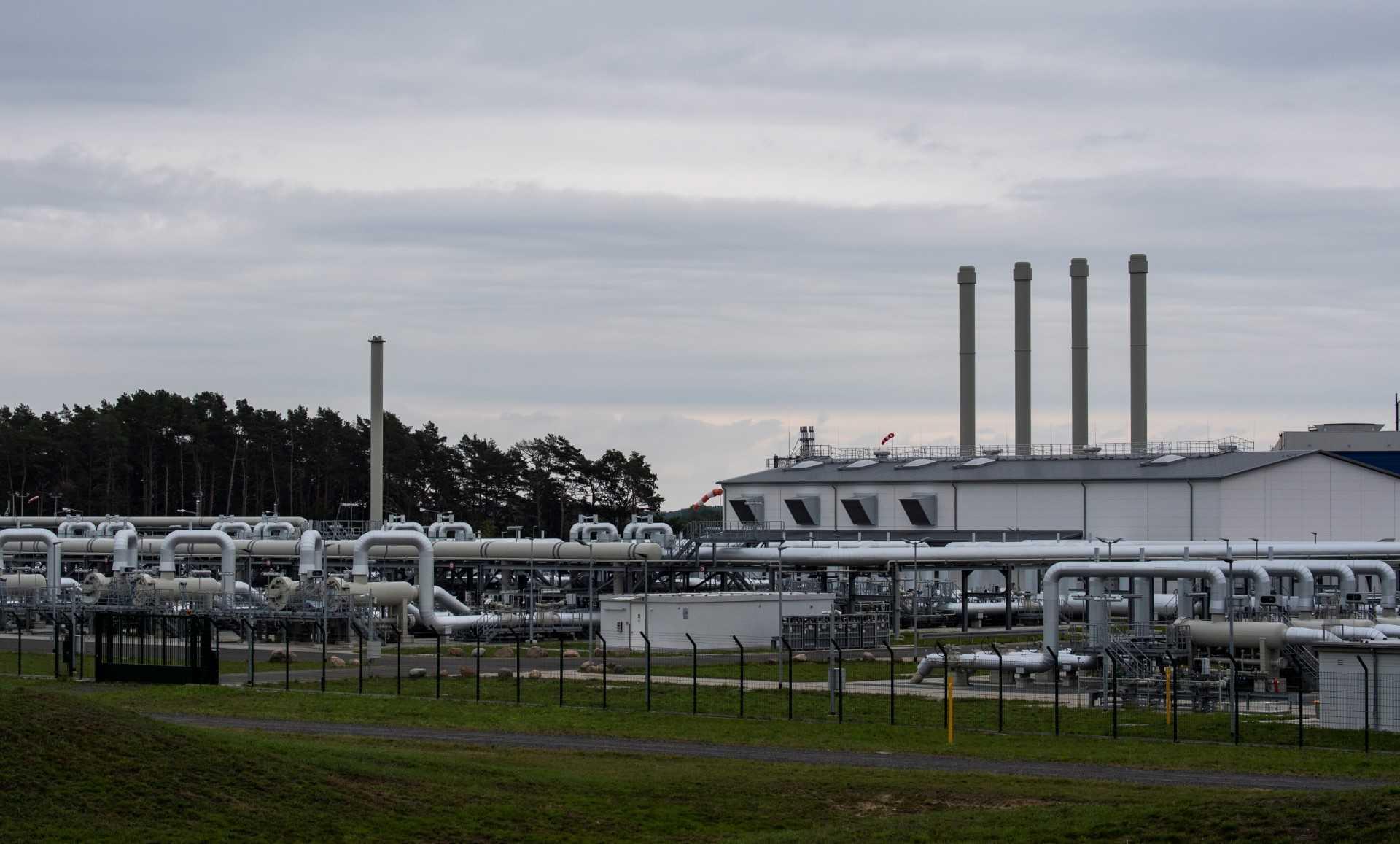Moscow says US stands to benefit from Nord Stream damage
The European Union is investigating the cause of the leaks in the Gazprom-run Nord Stream 1 and 2 pipelines under the Baltic Sea and has said it suspects sabotage.
Just In
Russia said on Thursday that the US stands to benefit from ruptures to the Nord Stream gas pipelines under the Baltic Sea, in comments that escalate a war of words with the West over responsibility for the still-unexplained damage.
In a press briefing, foreign ministry spokesman Maria Zakharova said the US would be able to boost its sales of liquefied natural gas (LNG) if the pipelines were put permanently out of use.
The European Union is investigating the cause of the leaks in the Gazprom-run Nord Stream 1 and 2 pipelines under the Baltic Sea and has said it suspects sabotage.
Neither was in use at the time of the incidents but both still contained large volumes of gas.
It remains unclear who might be behind any deliberate attack on the pipelines, which Russia and European partners spent billions of dollars building.
Earlier on Thursday, the Kremlin said state-sponsored "terrorism" appeared to be the cause of the damage.
No timeline has been given for repairs to the pipelines, which have suffered four separate ruptures, assuming they can be repaired.
Zakharova also called for an EU investigation to be "objective", and said Washington would have to "explain itself" - a reference to President Joe Biden's comment in February that, if Russia sent troops into Ukraine, "there will no longer be a Nord Stream 2".
Biden was referring to the possibility of sanctions on the pipeline, which was completed weeks before Moscow sent its forces into Ukraine, but never cleared regulatory hurdles and was then frozen by Germany just before the military campaign began.
Subscribe to our newsletter
To be updated with all the latest news and analyses daily.
